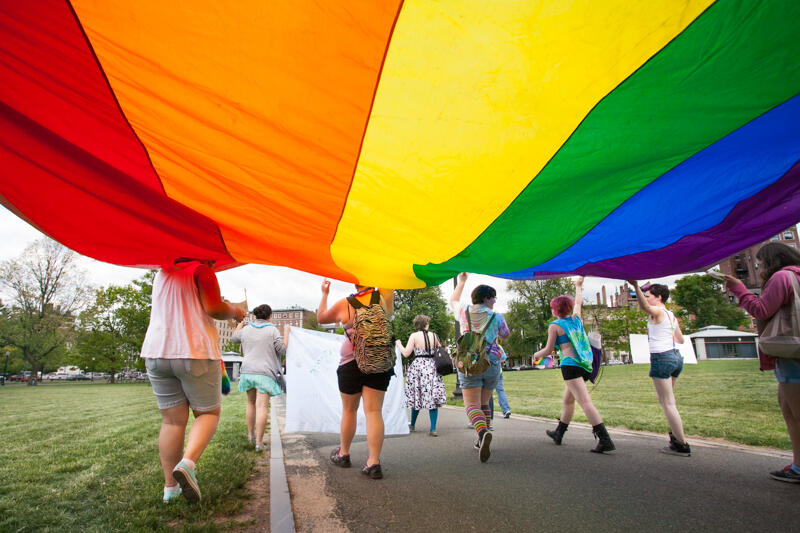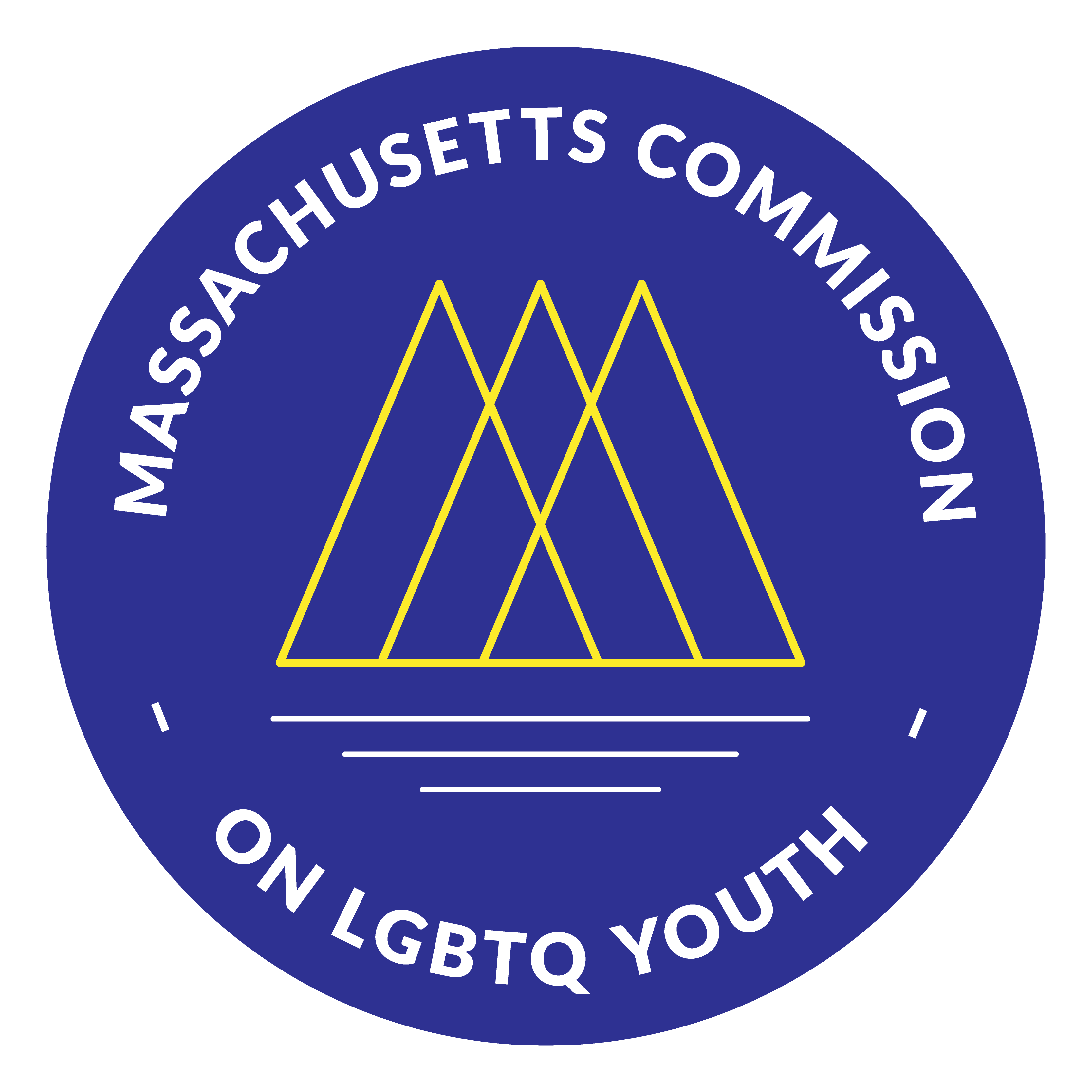- Massachusetts Commission on LGBTQ Youth
Media Contact
Dr. Jo Trigilio

BOSTON, MA — The Safe Schools Program for LGBTQ Students is pleased to announce that it is now actively seeking applications for trainings and technical assistance for the 2019-2020 school year. The Safe Schools Program, a joint initiative of the Commission on LGBTQ Youth and the Department of Elementary and Secondary Education, conducts hundreds of these interventions in schools across the Commonwealth each year.
As students and educators head back to school, it is a critical time for conversations around creating supportive environments, and the Safe Schools Program is designed to help facilitate these conversations. Improving school climate is also an excellent way to improve student outcomes – making it an essential means of ending the achievement gap that exists in Massachusetts for youth of color, low-income youth, and other disparately-impacted populations.
“We are actively seeking schools that serve a high number of students of color, immigrant students, and special needs students because we know that a more inclusive school will help these students reach their potential,” said Corey Prachniak-Rincón (they / them / theirs), Director of the Commission on LGBTQ Youth. “The achievement gap for these students in Massachusetts is staggering, and our annual report makes clear that LGBTQ youth of color in particular face very unsafe school environments. We cannot expect these students to succeed academically if they feel at risk even coming to class.”
The Commission on LGBTQ Youth is also working to apply its time-tested methods used in school settings to increase support for LGBTQ students of color in their community. For example, in June, the Commission provided trainings across the Commonwealth for state employees who provide benefits to low-income families. “If we really want to improve the lives of LGBTQ youth of color, it has to be part of our mission to ensure these students are not just included within the school building, but are welcome and supported wherever they go for support,” Prachniak-Rincón said.
The Safe Schools Program regularly modifies its trainings to meet teachers and other youth workers where they are at, including by addressing specific issues happening in their schools and communities. “Our workshops provide the opportunity to increase teachers' comfort and confidence related to supporting LGBTQ students,” said Jeff Perrotti (he / him / his), a senior consultant with the Safe Schools Program and a nationally-recognized expert on LGBTQ inclusivity. “The terminology alone can be challenging, as it's a constantly shifting landscape. As my yoga teacher says, 'Practice makes practice.’"
The Program’s specialty trainings include incorporating LGBTQ-inclusive curricula materials into the classroom and promoting resilience and healthy outcomes among LGBTQ students. The latter session is especially key as an increasing number of students are socially transitioning their gender starting in preschool. It features the experiences of pre-K through 12th grade students, parents, and educators who have successfully navigated this terrain. Participants also learn strategies to increase awareness, prevent bullying and harassment, foster resilience, and promote a healthy and safe learning environment.
You can learn more about the Safe Schools Program at www.mass.gov/info-details/safe-schools-program-for-lgbtq-students and request a training or technical assistance session for your school or organization. All services are free of charge.
###
